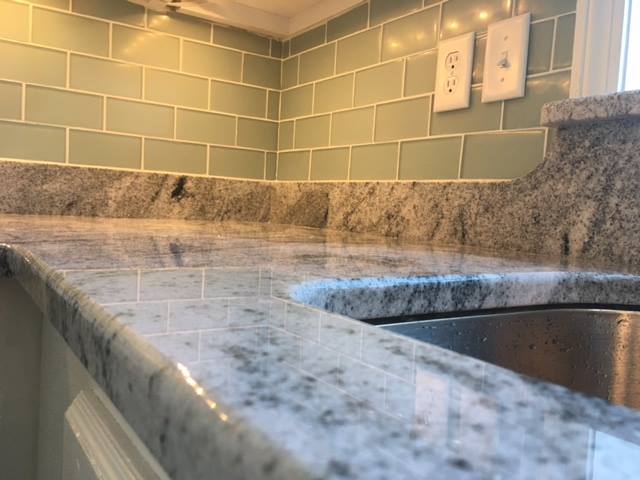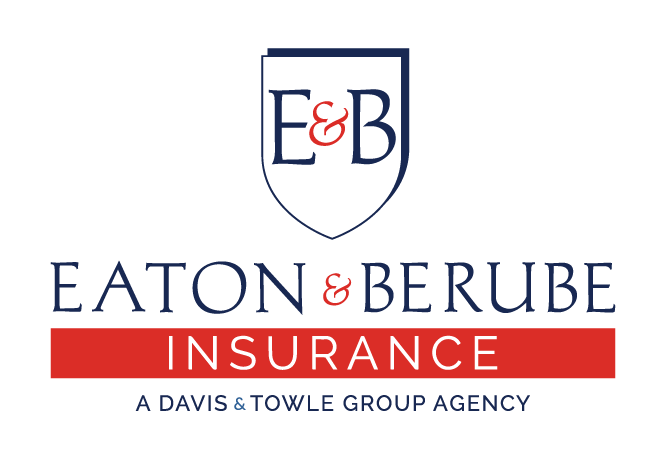Suppose that a landlord leases a storefront to a retailer that makes improvements to the facility by adding features to help sell its products. During the lease, a fire breaks out and damages the building, including the features added by the retailer to improve the space. When the insurance claims are made, the following questions arise:
- Who did the improvements belong to?
- Who is responsible for paying the damages?
Defining Improvements and Betterments
While legal definitions vary, improvements and betterments are anything that a tenant attaches to the landlord’s real estate that becomes a permanent part of that real estate. Under most leases, such improvements become the property of the landlord and tenants are responsible for repairing or replacing the improvements in the event of loss. However, property policies can be customized to determine whether tenants’ improvements and betterments are covered under the building category or under the contents category.
A Landlord’s Point of View
 When a tenant makes substantial improvements and betterments to a building, it adds to the building’s value. In order to realize this added value, the landlord needs to clearly establish who is responsible for damages to that property to avoid insurance complications. In doing so, the landlord typically has to make one of the following decisions:
When a tenant makes substantial improvements and betterments to a building, it adds to the building’s value. In order to realize this added value, the landlord needs to clearly establish who is responsible for damages to that property to avoid insurance complications. In doing so, the landlord typically has to make one of the following decisions:
- Increase the limits of the property insurance policy to account for this extra value.
- Add a clause to the rental contract stating that the tenant is responsible for damages to improvements and betterments.
In the absence of one of the aforementioned decisions, the landlord may face penalties in the event that he or she has to make an insurance claim. For example, if a tenant makes $100,000 worth of improvements and betterments to a property that was initially worth $500,000, and a fire destroys the entire building, the insurance adjuster will value the property at $600,000 when processing the claim. But, since most landlords’ property policies consider improvements and betterments as covered property, the landlord may be charged an underinsured penalty if the building’s policy hasn’t been increased to reflect the amount of the improvements and betterments.
A landlord who does not wish to insure for the values of the improvements and betterments should specifically exclude them.
A Tenant’s Point of View
If the lease requires the landlord to repair or replace tenants’ improvements and betterments that become damaged, the tenant does not need to insure them. In contrast, if the lease does not require the landlord to repair or replace tenants’ improvements and betterments, tenants need to make sure they are covered under their own property policy.
Considerations When Entering a Lease
When entering into a new lease or renewal, it is critical for both landlords and tenants to carefully review the terms of the lease to ensure that it adequately delegates the responsibility for insuring tenant improvements and betterments. It is also important to make sure that each party’s insurance policy is adequate enough to properly protect the scope of the tenant improvements agreed upon in the lease. When reviewing the lease, both the landlords and tenants should discuss the following questions:
- Who owns the improvements?
- Who is responsible to replace the improvements if damaged?
- Which insurance policy covers the improvements—the landlord’s or the tenant’s?
- Is the policy adequate?
Insuring Your Improvements and Betterments
Improvements and betterments are not difficult to insure, as a building’s insurance forms automatically cover them. However, many landlords expect their tenants to insure any improvements and betterments that are made, and some landlords refuse to increase the value of their building policies to reflect the new value of such changes. Therefore, it is important to understand the insurance ramifications of tenants’ improvements and betterments.
Your Risk Management Partner
When it comes to ensuring that you have adequate protection for tenants’ improvements and betterments, rely on the experience agents at Eaton & Berube Insurance Agency in Nashua, NH. We will analyze your situation, help you identify your exposures and make coverage recommendations accordingly. For more information about the services we offer, or to get a free insurance quote, please call us today at 603-882-2766 or submit our online quote request form.
This Coverage Insights is not intended to be exhaustive nor should any discussion or opinions be construed as legal advice. Readers should contact legal counsel or an insurance professional for appropriate advice. © 2017 Zywave, Inc. All rights reserved.
